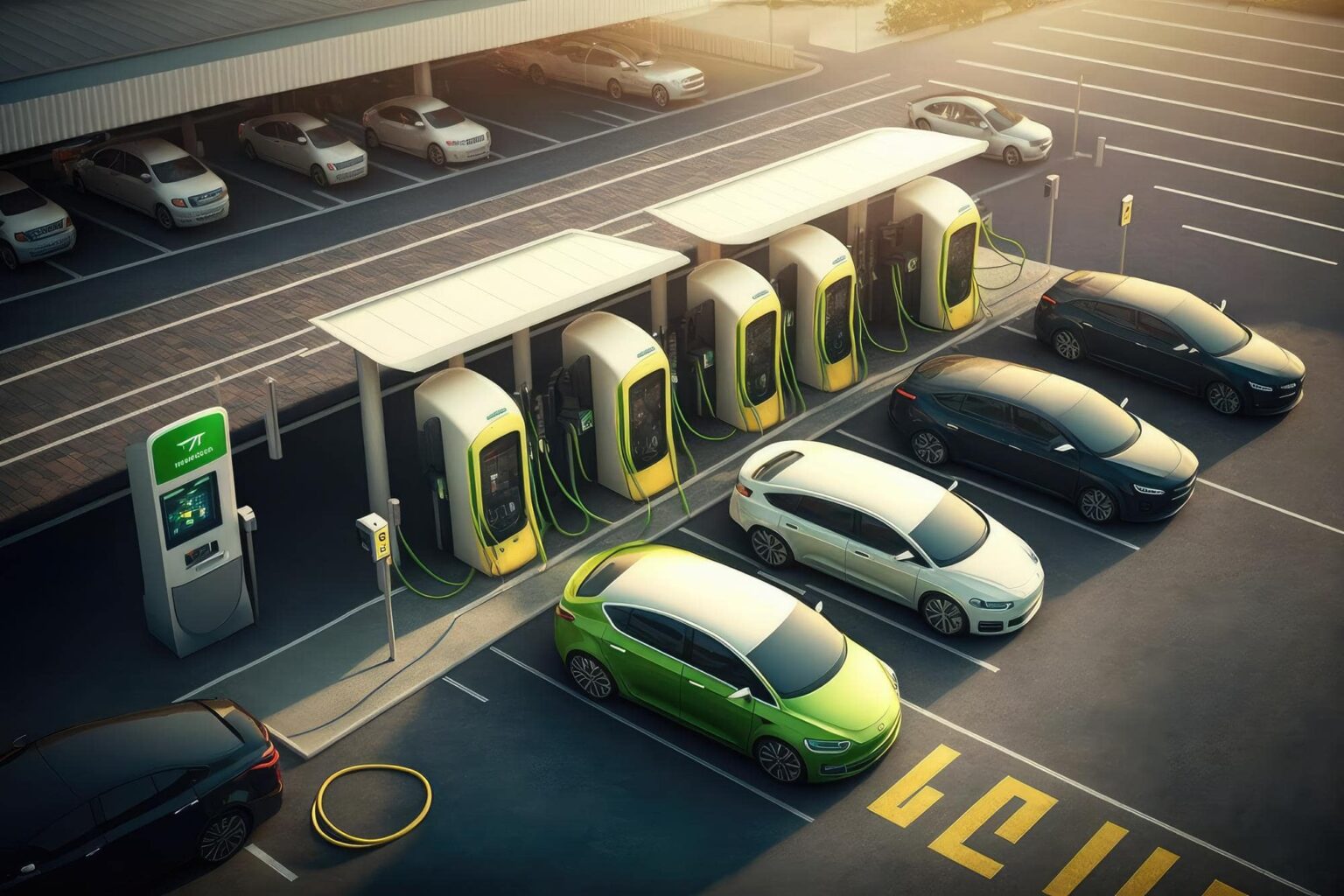Hydrogen fuel cell vehicles (FCVs) have made significant progress in recent years, and they hold promising prospects for the automotive industry. Here’s an overview of their progress and prospects:
- Advancements in Fuel Cell Technology: Fuel cell technology has advanced significantly, leading to improvements in efficiency, performance, and durability of hydrogen fuel cells. Manufacturers have made strides in developing high-efficiency proton exchange membrane fuel cells (PEMFCs) and solid oxide fuel cells (SOFCs), which offer higher power density, longer lifespan, and reduced cost compared to earlier generations of fuel cell systems. These advancements have enhanced the viability of hydrogen FCVs as a clean and sustainable alternative to traditional internal combustion engine vehicles.
- Increasing Infrastructure Development: The expansion of hydrogen refueling infrastructure is crucial for the widespread adoption of FCVs. Governments, energy companies, and automotive manufacturers have invested in building hydrogen refueling stations, particularly in regions with high demand for zero-emission vehicles. Countries such as Japan, Germany, South Korea, and California in the United States have made significant strides in developing hydrogen infrastructure networks, enabling greater accessibility and convenience for FCV drivers.
- Growing Vehicle Availability: Automotive manufacturers have introduced a growing number of hydrogen FCV models to the market, offering consumers more choices and options for zero-emission transportation. Companies like Toyota, Honda, Hyundai, and Mercedes-Benz have launched commercial FCV models, with plans to expand their hydrogen vehicle portfolios in the coming years. Increased vehicle availability contributes to greater consumer awareness and acceptance of hydrogen FCVs as a viable alternative to conventional gasoline and electric vehicles.
- Longer Driving Range and Faster Refueling: Hydrogen FCVs offer advantages in terms of driving range and refueling time compared to battery electric vehicles (BEVs). FCVs typically have longer driving ranges, allowing drivers to travel greater distances on a single tank of hydrogen. Additionally, hydrogen refueling stations enable rapid refueling in a matter of minutes, similar to refueling conventional gasoline vehicles, offering greater convenience and flexibility for FCV drivers. These attributes make hydrogen FCVs well-suited for long-distance travel and applications where fast refueling is essential.
- Diverse Applications Beyond Passenger Vehicles: Hydrogen fuel cell technology is not limited to passenger cars; it also has applications in commercial vehicles, buses, trucks, and even trains and maritime vessels. Fuel cell electric buses are being deployed in public transit fleets in cities around the world, offering zero-emission transportation solutions for urban mobility. Hydrogen fuel cell trucks and heavy-duty vehicles are being developed for freight transportation, offering lower emissions and reduced environmental impact compared to diesel-powered vehicles.
- Potential for Renewable Hydrogen Production: The production of hydrogen from renewable sources, such as electrolysis powered by renewable electricity or biomass gasification, holds great potential for reducing carbon emissions associated with hydrogen production. Green hydrogen, produced using renewable energy sources, has minimal carbon footprint and offers a sustainable pathway for powering hydrogen FCVs. As renewable energy sources become more abundant and cost-effective, the prospect of green hydrogen production becomes increasingly attractive, further enhancing the environmental benefits of hydrogen FCVs.
- Policy Support and Industry Collaboration: Governments, regulatory agencies, and industry stakeholders play a crucial role in supporting the development and deployment of hydrogen FCVs through policy incentives, funding initiatives, and collaborative partnerships. National and regional governments offer financial incentives, tax credits, and grants to promote the adoption of hydrogen vehicles and support infrastructure development. Industry collaboration among automakers, energy companies, and technology providers fosters innovation, standardization, and cost reduction in hydrogen fuel cell technology, driving the commercialization and scalability of FCVs.
Overall, hydrogen fuel cell vehicles have made significant progress and hold promising prospects as a clean, efficient, and sustainable transportation solution. With ongoing advancements in fuel cell technology, expansion of hydrogen infrastructure, growing vehicle availability, and support from policymakers and industry stakeholders, hydrogen FCVs are poised to play a significant role in the transition to a low-carbon transportation future.



